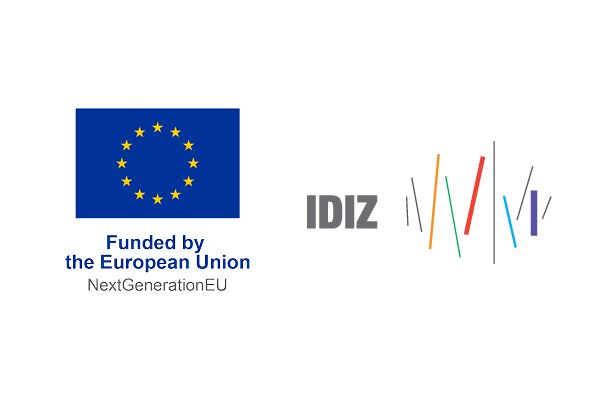Competitive research projects
Educational and Career Plans of Youth in Music Education - MUSICPLAN
About project
Project basics
- Acronym: MUSICPLAN
- Coordinator: Institute for Social Research in Zagreb
- Financed by: ISRZ Research Programme – Ministry of Science, Education and Youth via NextGenerationEU Fund, European Commission
- Duration: 1 January 2024 – 31 December 2027
Project description
Educational and career plans of youth who attend music education are an underexplored area. There is a particular lack of research that would, in an attempt to detect possible determinants of these plans, bring together various theoretical perspectives, and that would include samples of youth of different age. This project will explore possible determinants of educational and career plans of youth who attend music education in Croatia. In the conceptualisation of the project, the starting points are the self-determination theory and the theory of cultural reproduction. The focus is on the relations among three sets of variables: 1) family characteristics (e.g. family habitus, and cultural, economic and social capital), 2) motivational variables related to playing an instrument and attending music education (e.g. the level of fulfillment of basic psychological needs and the internalisation of motives for attending music education), and 3) aspiration for the continuation of music education and/or professional music career. A mixed-method research design will be employed, which implies a combination of quantitative (questionnaire surveys) and qualitative research methodology (interviews). The research will involve participants from all levels of music education: pupils of primary music schools, pupils of secondary music schools, students enrolled in higher education musical arts and related studies, while a part of the research will focus on professional musicians and their memories of the family and educational childhood experiences.
The main aim of the project is to explore the role of various motivational variables and mechanisms of cultural reproduction in explaining educational and career plans of youth involved in music education. This aim can be divided into the following specific aims:
- Examine the role of various motivational variables arising from the self-determination theory (level of internalisation of motives for attending music education and [non]fulfillment of basic psychological needs as part of attending music education) in educational and career plans of youth involved in music education.
- Explore the role of family habitus as well as family cultural, economic and social capital in educational and career plans of youth attending music education.
- Examine the interrelation of these two sets of factors in explaining educational and career plans of youth attending music education (e.g. examine the possible interactions and mediations).
Logo

